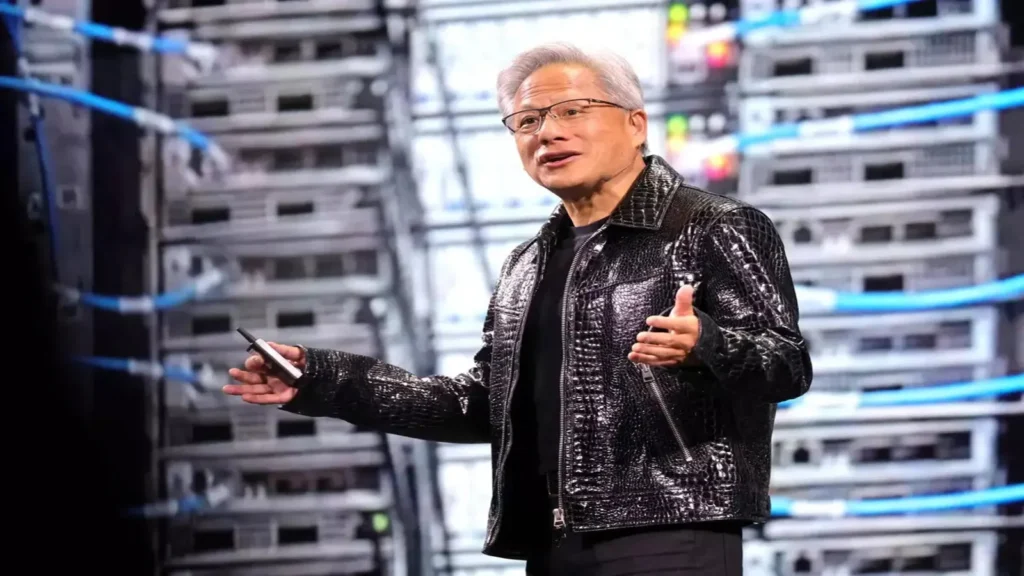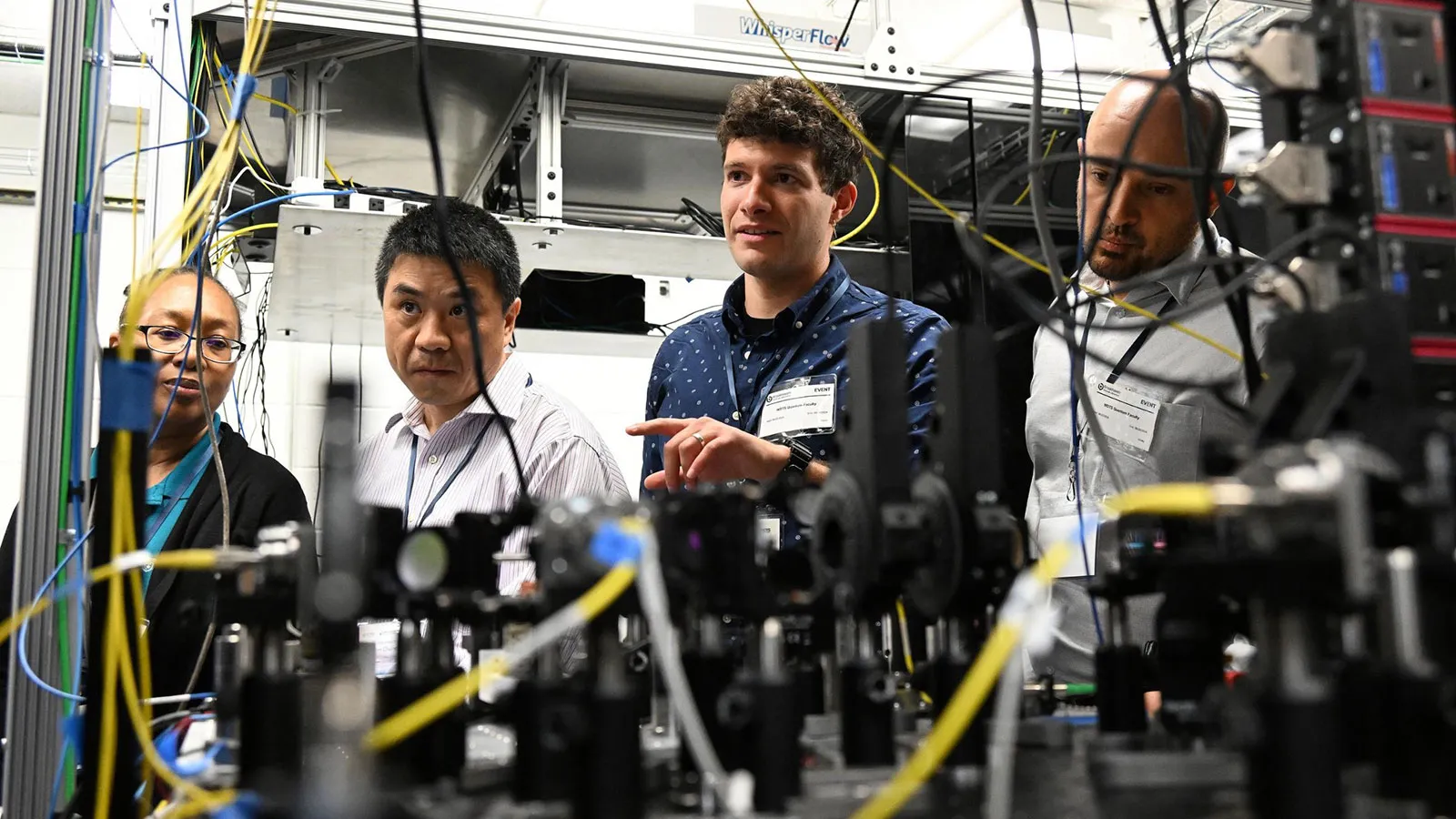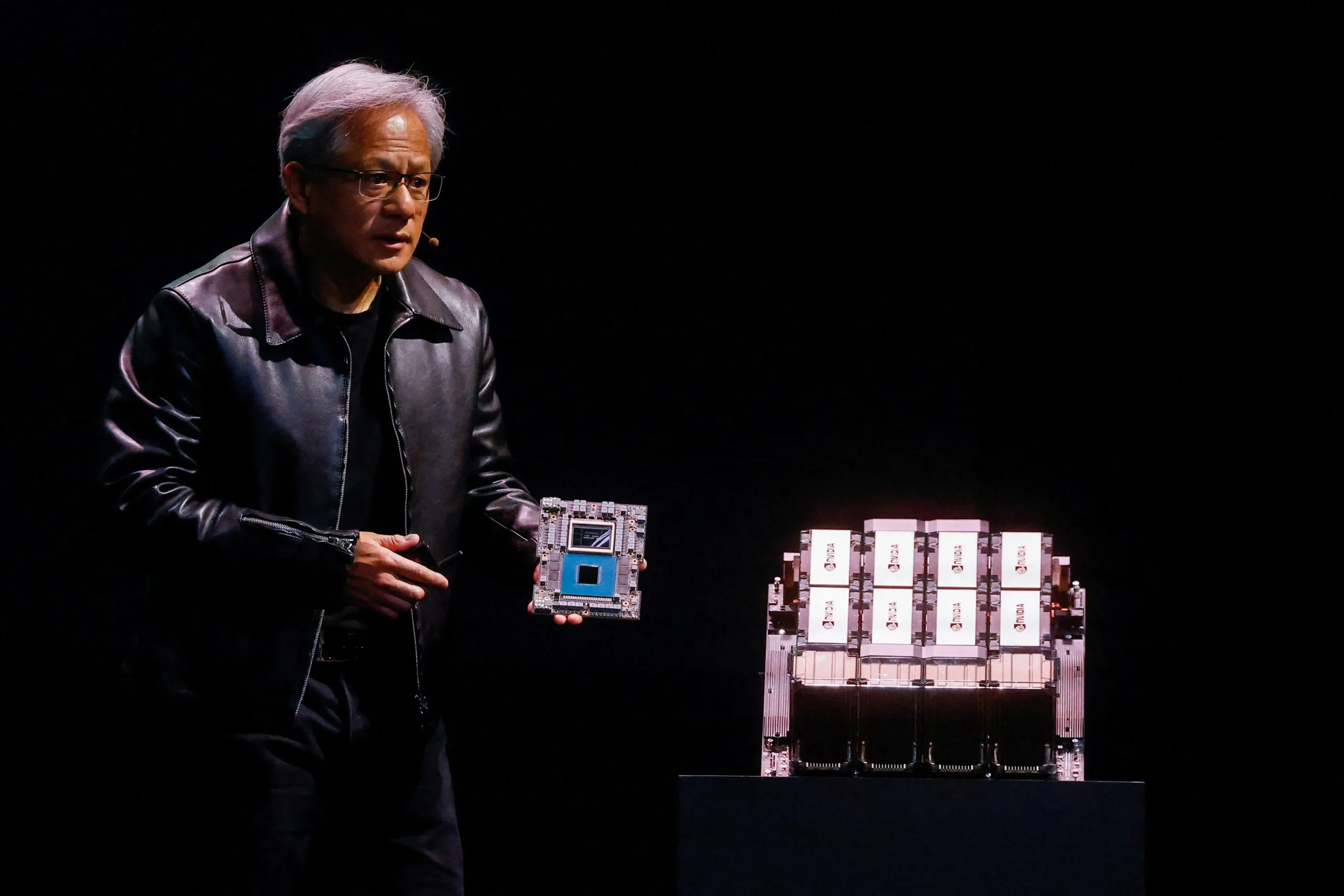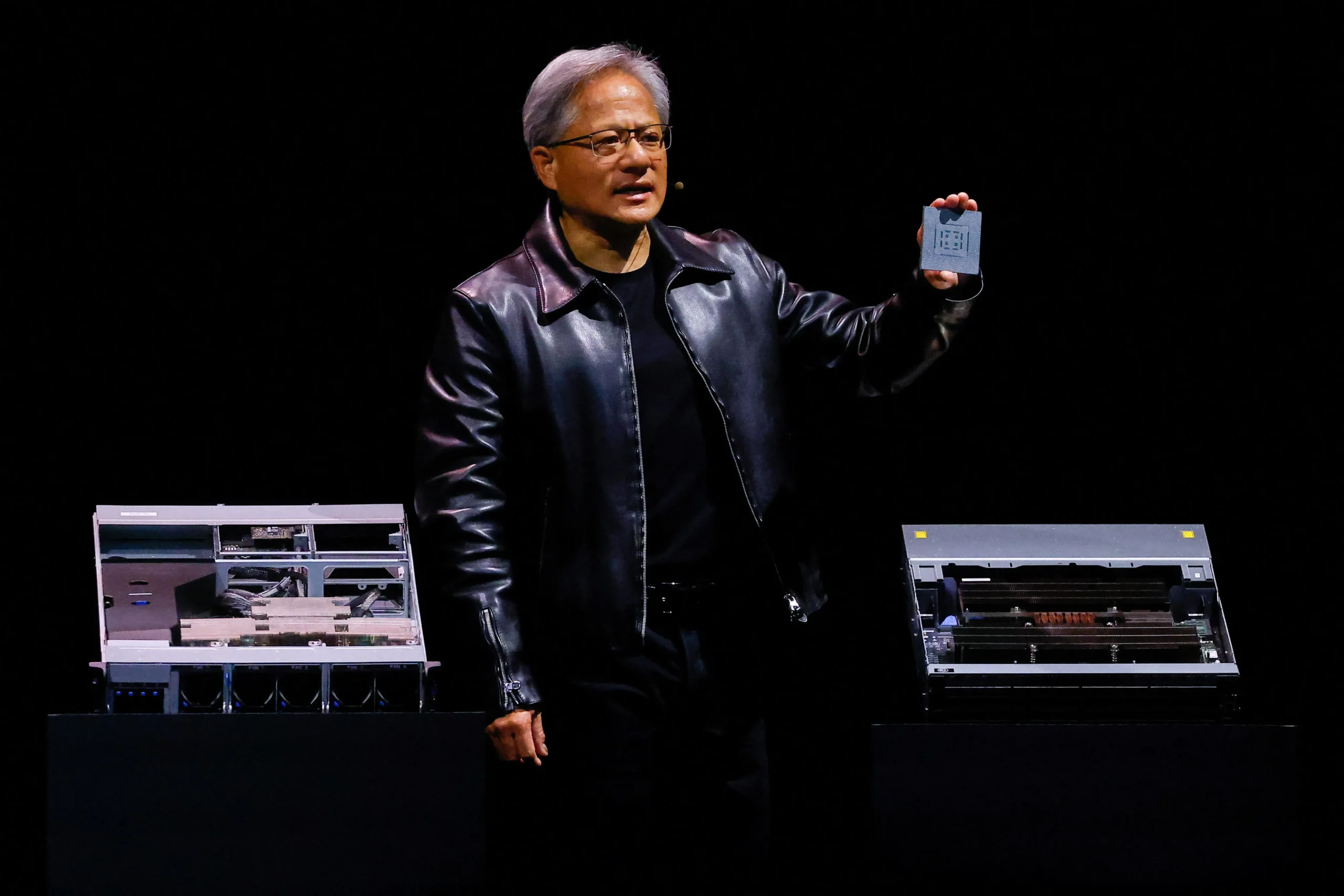
In a striking announcement that reverberated through the halls of the SAP Center in San Jose, California, Nvidia’s CEO Jensen Huang unveiled plans to open a groundbreaking quantum computing research laboratory in Boston. This ambitious venture, dubbed the Nvidia Accelerated Quantum Research Center (NVAQC), is set to forge collaborations with prestigious academic institutions like Harvard University and the Massachusetts Institute of Technology.

The revelation came during Nvidia’s annual software developer conference, an event that now seems destined to be remembered for its historic pivot towards quantum computing technologies. “This is the first event in history where a company CEO invites all of the guests to explain why he was wrong,” said Huang, referencing his earlier predictions about the timeline for practical quantum computers.
Quantum Collaborations and Advancements
Nvidia’s pivot to quantum computing isn’t just about setting up another lab; it’s about shaping the future of computing by integrating quantum technologies with classical systems. The NVAQC will partner with leading quantum firms such as Quantinuum, Quantum Machines, and QuEra Computing, aiming to operationalize the lab later this year.
In a series of discussions, industry executives highlighted the symbiotic relationship between current quantum capabilities and traditional computing hardware. Peter Chapman, CEO of IonQ, emphasized the ongoing relevance of Nvidia’s GPUs in designing quantum chips. “It’s going to be a classical system sitting next to a quantum computer, going back and forth…I wouldn’t short any Nvidia stock at the end of this,” he remarked, hinting at the integrated future of computing where classical and quantum systems coexist and complement each other.

Navigating the Quantum Landscape
The race towards quantum supremacy is heating up, and Nvidia is positioning itself as a pivotal player. By acknowledging the challenges and recalibrating its approach, Nvidia not only retains its leadership in GPU technology but also ventures confidently into quantum computing.
Matt Kinsella, CEO of Infleqtion, shared insights into how companies are currently leveraging quantum advantages. “We’re following a tried and true monetization and market development strategy of monetizing those areas where we actually have true quantum advantage today,” said Kinsella. This strategy underscores a pragmatic approach to quantum computing, focusing on areas where it can already surpass traditional computing capabilities, such as simulating molecular interactions.
The Road Ahead
As Nvidia lays the groundwork for its quantum future with the establishment of the NVAQC, the technology landscape watches eagerly. This move not only enhances Nvidia’s portfolio but also solidifies its commitment to staying at the forefront of technological innovation. With its new quantum computing lab set to open doors later this year, Nvidia is not just making a bet on the future—it’s actively trying to shape it.

The collaboration with Harvard and MIT only further amplifies the potential of Nvidia’s quantum endeavors, promising exciting developments in the field. As the boundaries between classical and quantum computing blur, Nvidia’s role in this transformative era will undoubtedly be keenly observed by industry watchers and investors alike.
